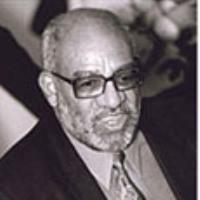Reset password
Register as a client
is changing the way organizations leverage outside expertise. We enable our clients to address complex problems and tap fleeting opportunities, like never before.
Consultants
We invite experts from various business domains to offer fresh insights, hands-on expertise and coaching to our clients.
All engagements are at the Consultant's discretion.
Apply NowClients
Our clients are the managers and directors of Small to Mid-sized businesses, Corporations and Non-profits.
They leverage us for Growth, Process Improvements and Organization Development.
















